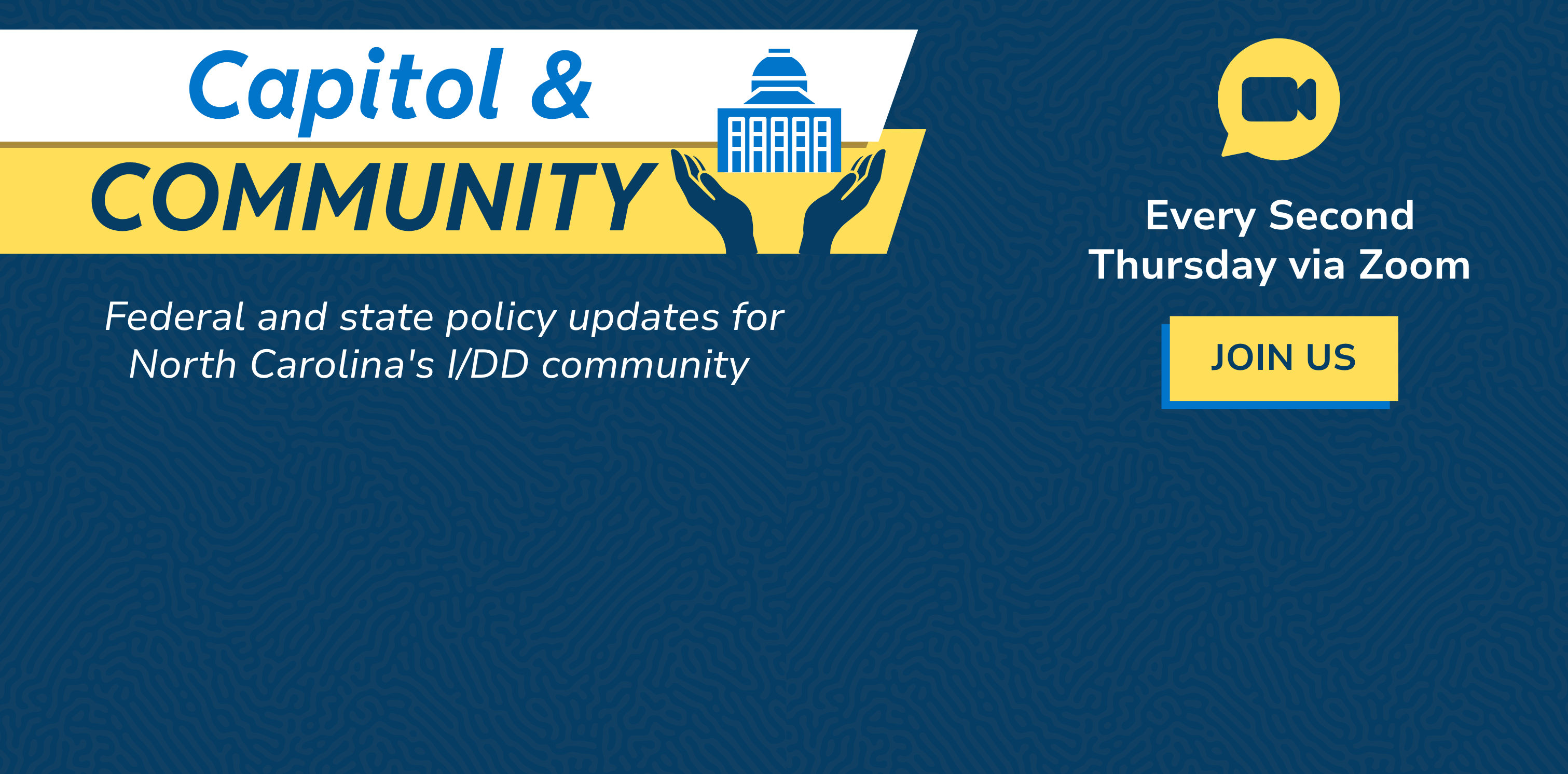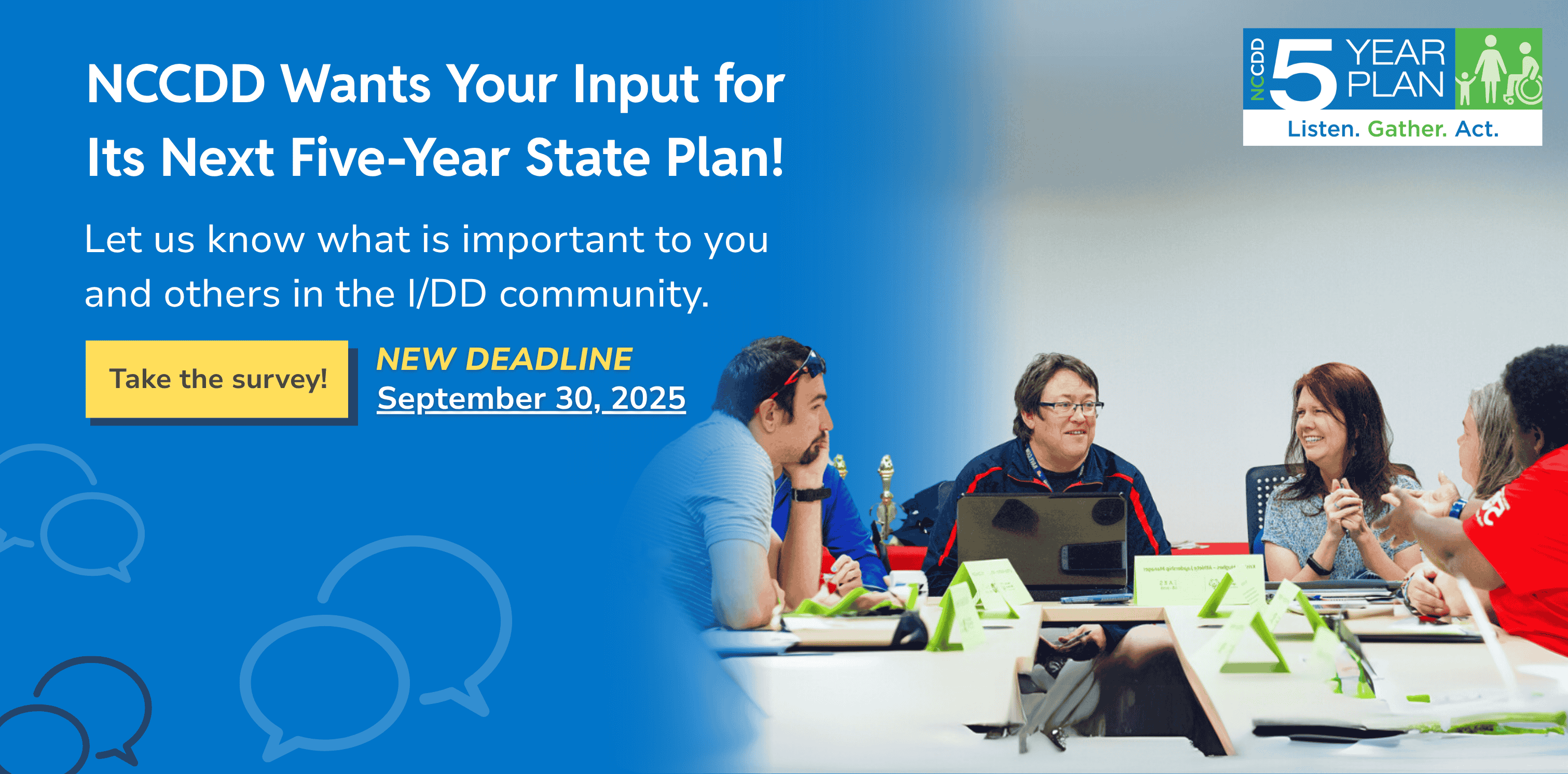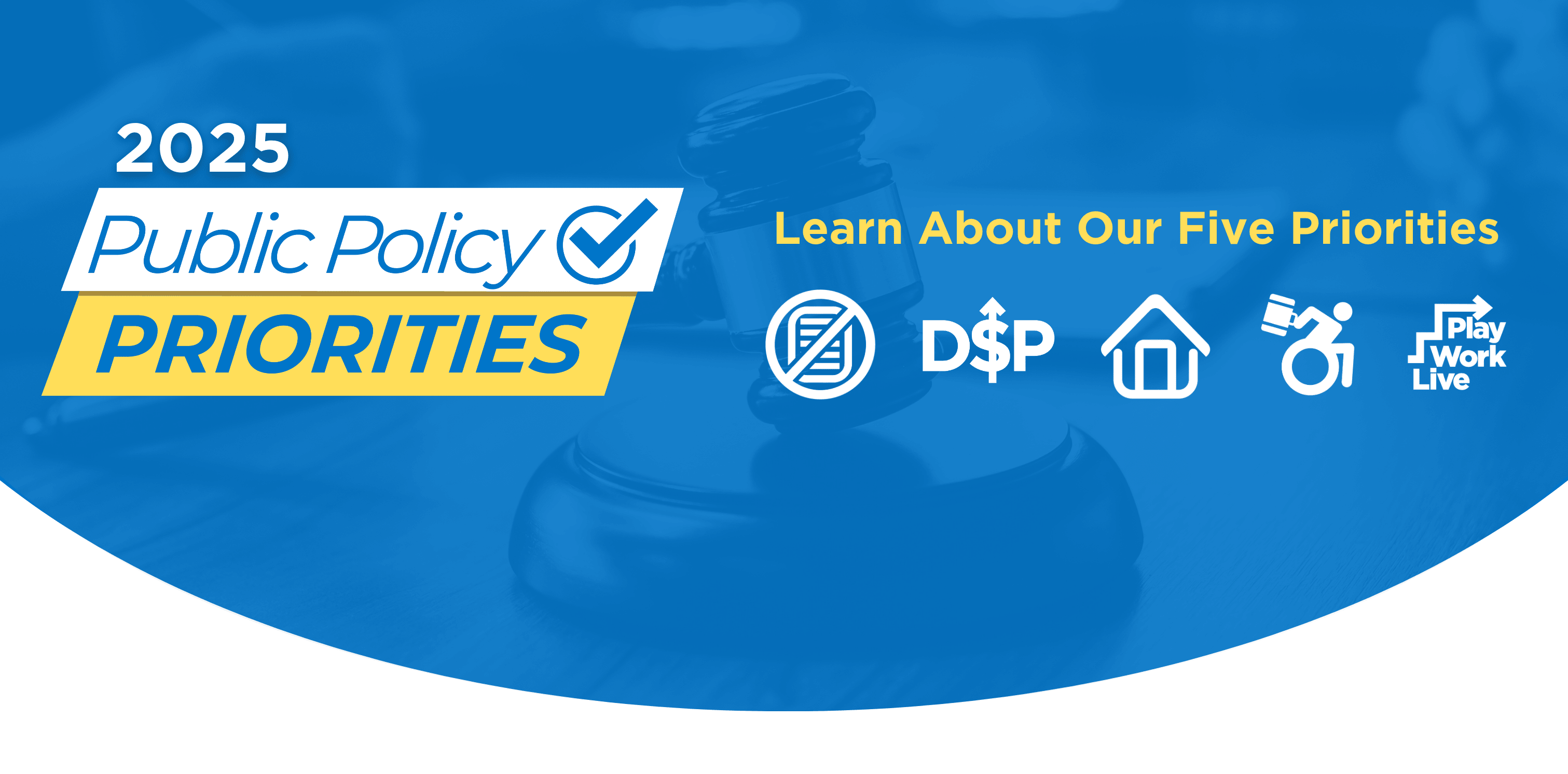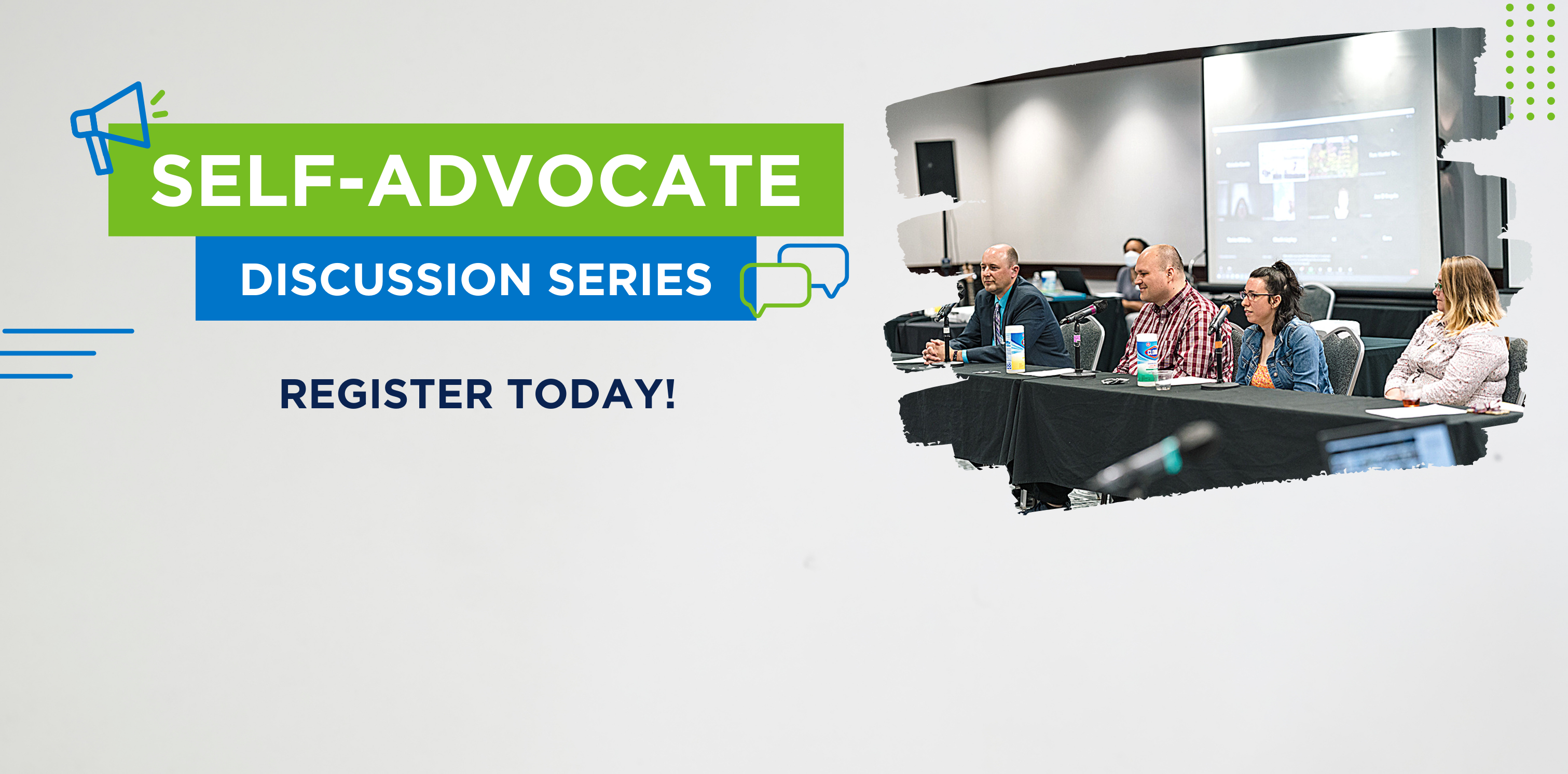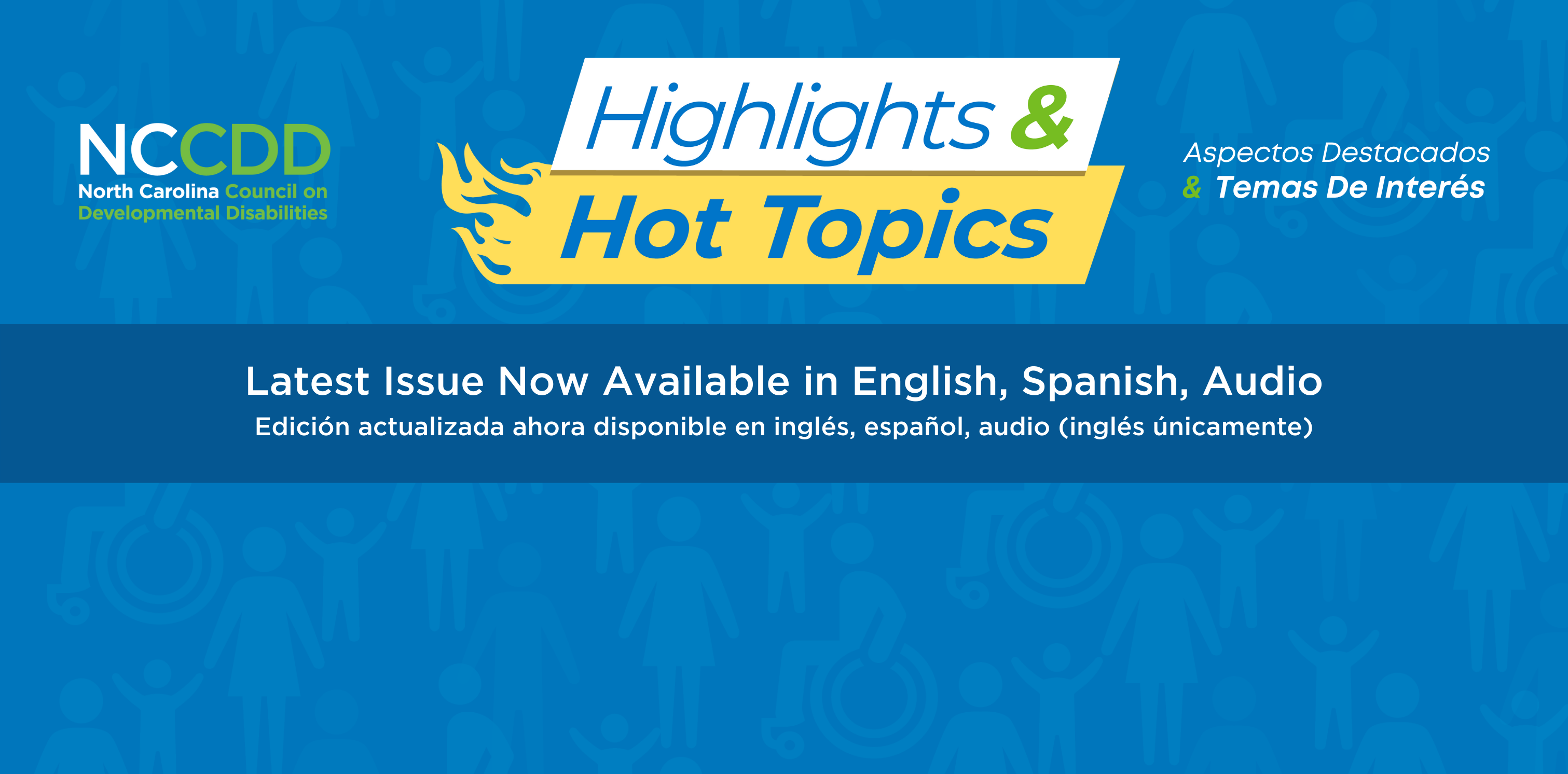NCCDD believes that individuals with I/DD their family members should receive the services and supports necessary to achieve fulfilling and productive lives. Evidence-based, person-centered outcomes that are meaningful to people with I/DD and their families must be adequately measured and regularly evaluated by policy leaders in order to improve the quality of our state delivery system. Too often, evaluation measures focus on what service is delivere;, how much money is spent; the number of people served; and whether people are "satisfied" with services received. System outcomes and person-centered outcomes that focus on independence and individual goals must be set and evaluated together in order to best respond to the unique needs of people with I/DD and improve their lives.
NCCDD Statement of Principles on Measuring Meaningful Outcomes for Individuals with Developmental Disabilities
National Core Indicators
Recent Posts
The North Carolina Council on Developmental Disabilities (NCCDD) offers a…
